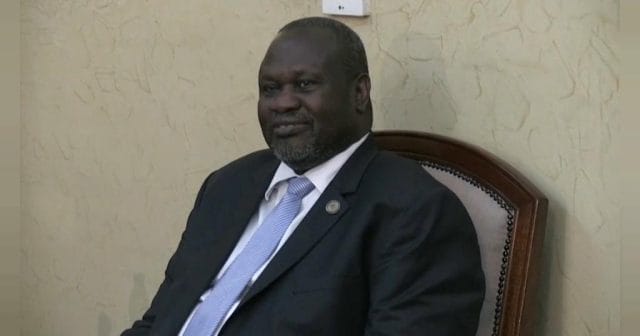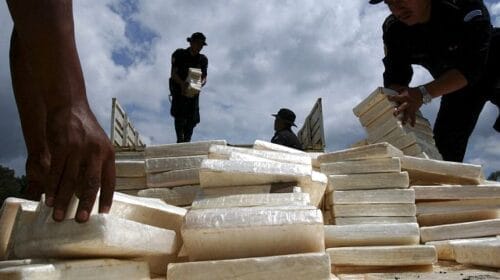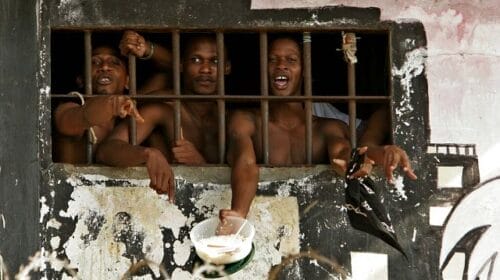South Sudan’s VP Machar deposed by party: rival leaders

Machar, a pivotal figure in South Sudan’s bloody road to independence and subsequent civil war, was deposed following a three-day gathering of senior SPLM/A-IO leaders in the country’s far north, the party’s military wing said.
Its chief of staff, First Lieutenant General Simon Gatwech Dual, was declared interim leader of the opposition movement that governs the troubled country in a shaky alliance with former enemies.
It is unclear what the putsch means for Machar, a wily leader who survived years of bush warfare, close attempts on his life and stretches in exile.
The military wing said Machar had “completely failed” to show leadership and greatly weakened the party’s position in the post-war coalition government formed between the warring sides in early 2020.
Machar had engaged in a years-long “policy of divide and rule” and favoured nepotism over unity or advancing their cause, according to a statement signed by the SPLM/A-IO military leadership and dated August 3.
“As a result, the meeting saw there was no option rather than to come up with the decision and finally prompted to declare the denouncement of Dr Riek Machar Teny Dhurgon from the chairmanship of the SPLM/A-IO,” the statement said.
– Political disunity –
Machar’s spokesman in Juba was sought after.
He served as vice president in South Sudan’s first post-independence government alongside his old rival, President Salva Kiir.
But the pair fell out and Machar was sacked two years later. Troops loyal to each man turned their guns on each other, and South Sudan descended into five years of horrific bloodshed.
In 2018 — after a string of failed peace accords and violated ceasefires — a fresh truce paused the fighting that left nearly 400,000 South Sudanese dead.
Under that arrangement, Machar entered another unity government as deputy to Kiir in February 2020.
But distrust lingered and cracks soon appeared, as key provisions of the peace accords went unfulfilled.
As the process drifted Machar faced growing opposition within his own ranks, with top cadres complaining they had lost out under the power-sharing arrangement struck with the ruling party.
The political disunity comes as South Sudan faces economic disaster and its worst hunger crisis since independence, with tens of thousands of people enduring famine-like conditions in the world’s youngest nation.
***AFP***





